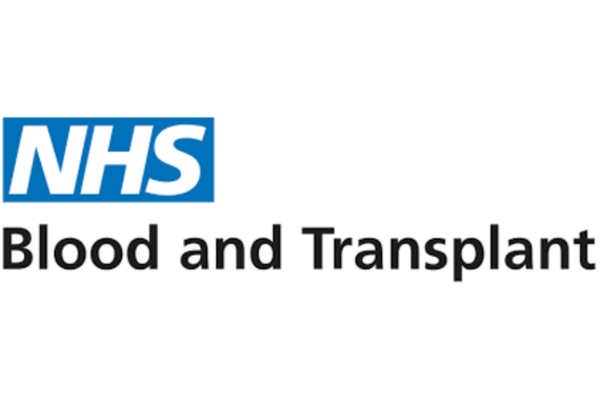NHS Blood and Transplant (NHSBT) will discontinue testing for T activation and screening of FFP for low titre anti-T from 30 August 2024.
NHSBT currently provides the UK testing service for T-activation, and FFP with low titre anti-T for use for patients with T-activation and haemolysis following transfusion. This is in line with UK transfusion guidelines (New HV et al, 2016, BSH Guidelines on transfusion for fetuses, neonates and older children).
However, the evidence for this precautionary practice is uncertain (Roseff SD. Cryptantigens: time to uncover the real significance of T-activation. Transfusion. 2017;57:2553-2557) and over recent years there have been few requests to NHSBT for testing of infants (since 2018 only 4 for infants < 6 months of age: 2018 - 2 aged 1 month, 1 aged 3 months; 2022 - 1 aged 5 months).
For older children, T activation testing is requested for approximately 4 patients per year to diagnose pneumococcal associated haemolytic uraemic syndrome (pHUS) and to distinguish from atypical HUS, but not generally to guide transfusion decisions. Low titre anti-T FFP was last issued by NHSBT to Scotland in 2013, and in England to Birmingham Children’s Hospital in November 2011.
The sole manufacturer of the T-activation testing kit has now discontinued production due to low demand globally and NHSBT has not found viable alternative solutions. Given the limited utility of the test in guiding transfusion treatment, NHSBT will discontinue testing for T activation and screening of FFP for low titre anti-T from 30 August 2024. After June 2024, NHSBT will no longer stock low titre anti-T FFP. The BSH paediatric transfusion guidelines will be updated accordingly.
If you have any queries, please email [email protected]



